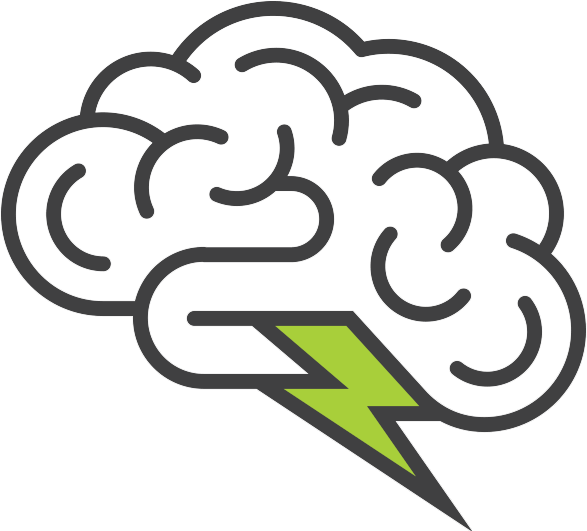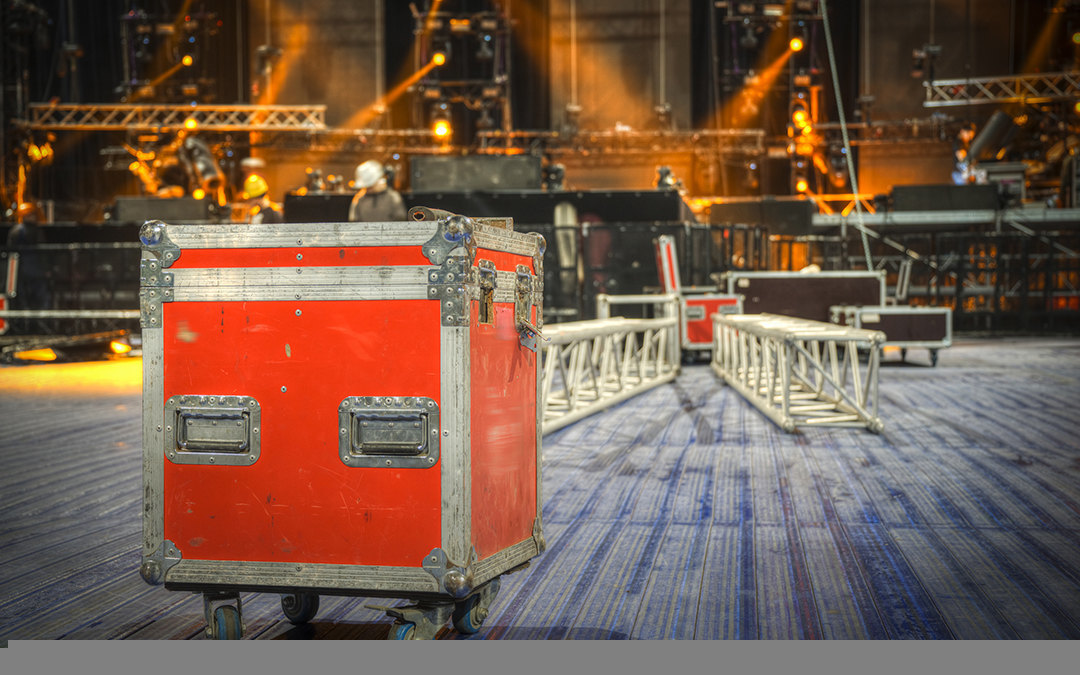Powering Your Events

READ TIME: 2 minutes
In order to ensure that you have an accurate budget of your power costs, you need to estimate what and how many pieces of equipment you will be using that require power.
This Smarticle will introduce you to the main pieces of equipment that use power during events, event elements that use lots of power that are commonly forgotten about, and the different costs and fees surrounding power.
Main Event Equipment That Uses Power
Audiovisual
- Sound systems (including performers’)
- Traditional stage lighting
- Video and projection
- Control consoles, effects, misc
Room Lighting
- Uplights
- Lights shining down on center pieces
- Lights over buffet stations or behind bars
Decor
- Lit-up tables
- Lit grand entrance pieces
- Charging stations
Backstage and FOH computers
- PowerPoint and Keynote presentations
- Video playback
- Internet demos
- Technicians’ and event teams’ computers
- Attendees’ devices
Commonly Forgotten Event Elements That Use Power
- Experiential stations or areas (virtual reality, photo booths, etc.)
- Exhibit booths
- Heating and air conditioning (HVAC)
- Catering (coffee makers, hot boxes, deep fryers, prep areas, etc.)
Determining How Much Power Your Event Needs
When planning your event, reach out to your vendors and ask them to provide an estimate of how much power they will be using during the event. In addition, perform research to determine average amounts of power for a typical event of your size and structure.
Types of Power Costs
Every venue charges for power differently. When touring possible venues, make sure you know the fee structure of each particular venue.
Some venues throw in basic room power as part of the fee for renting the space. Other venues may charge by the outlet, which can range from $75 to $100 per day for a 20 Amp wall circuit. Finally, some venues may meter the exact amount of electricity you use.
Special service drops tend to cost about $3 per Amp, per leg, per day. A leg is the number of hot leads, so a single-phase service includes one main lead and three-phase service includes three leads.
There also may be outside vendor charges to consider. Your AV company might have their own certified electricians or power drop equipment and may want to tie into the venue’s system directly. If this is the case, you should make sure your venue doesn’t charge any penalties or fees for doing so.
For certain events, you might be required to purchase a generator for additional power. Depending on the numbers of Amps the generator provides and its fuel capacity, generators typically cost $500 to $3000 per day.
Event tech is a common pain-point for event planners. If you find you’re still unsure about determining your events’ power and electricity needs, consider enrolling in our upcoming event tech course with industry expert, Brandt Krueger, where you’ll learn all that and much more!


